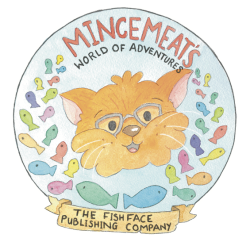Some causes and effects

One of the recurring problems children encounter today is bullying. Whilst, of course, this is an age old problem, the social media dimensions now available, give opportunity for a darker side for many forms of bullying, making it an even more disturbing and challenging issue to deal with.
Being left out, made fun of and teased, being called names and humiliated whether because of race, religious practices, sexuality, dress, or appearance, can all have disastrous effects on a child. The taunting of autistic children, sometimes preferring to play alone. The most sinister and unnerving being cyber bullying.
Statistics from a report first published in 2018 by Ditchthelabel.org the largest anti-bullying support hub in the world, reveal that approximately 1.5 million people in the United Kingdom experienced bullying. The Annual Bullying Survey is conducted in partnership with secondary schools and colleges across the UK. These shocking figures clearly highlight the imperative need for us to educate our children from the earliest age to be tolerant, respectful, and kind.
It’s cool to be kind!
A work in progress!
Victims becoming perpetrators
Sadly, victims of bullying often become bullies themselves, learning from their peers and emulating them to make themselves feel more important. Wanting to be part of the ‘in crowd’ as they see it.
Rather than physically bullying, girls often bully emotionally. This may be to gain attention or to feel better about themselves, whereas boys are often more physical.
There is often no divide when it comes to bullying. A child can come from the most loving of homes with wonderful caring parents but the child becomes a bully. These children may simply like to dominate others to feel more powerful.
Empathy
A child might just lack empathy, and if this is the case, all is not lost. We can teach our children how to be empathetic. We can teach them to put themselves in ‘the other person’s shoes’, enabling them to respond to how that person is feeling. If a child is aware that somebody else is feeling sad, just a friendly word or smile can do so much, and all the while they are giving kindness. Empathy is a very valuable tool to teach a child. It goes way beyond the playground.
Peer mediation
Some schools are implementing ‘peer mediation’. Peer mediators do not make decisions or tell other children what to do. It teaches the child mediator how to be helpful and kind, building skills for the future such as confidence, responsibility, the ability to listen, and facilitating trust all the way round.
Peer mediators do not take sides, but look to resolve an issue that will avoid further trouble in the future leaving both sides in a ‘win-win’ situation. Both the peer mediator and the children they are helping benefit hugely.
The result
Interestingly, children who learn to show kindness, consideration, and empathy, gain as they develop, and are often the most successful in later life.

